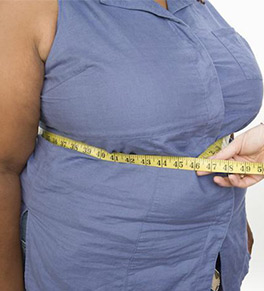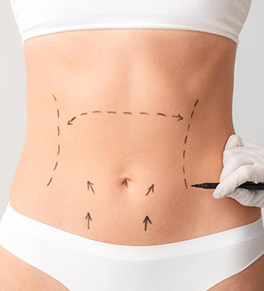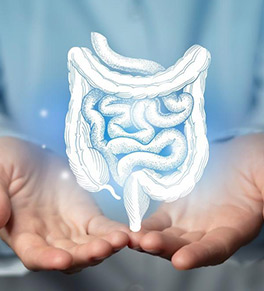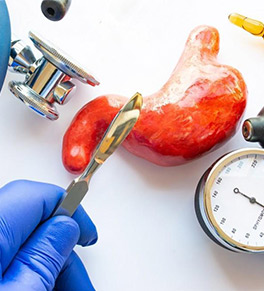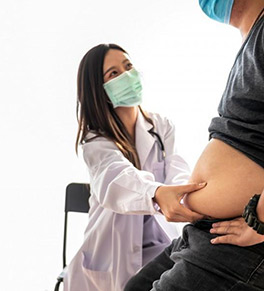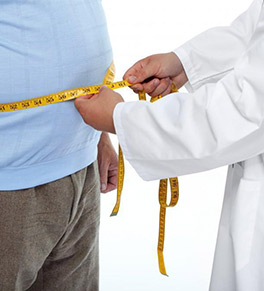You get dressed and realize that your clothes are a lot more snug these days. You’ve definitely crossed over into “Dad bod” territory. But this may be just one change
-
Yes, Low Testosterone Can Lead to Weight Gain and Other Symptoms
-
4 Factors That Make You a Good Candidate for Weight Loss Surgery
As you enter another year, you’re resolved to make some definitive changes when it comes to your health and weight. If you’ve been struggling to lose weight -
Your First Holiday After Weight Loss Surgery? Here Are Some Tips
Like more than a quarter million other Ameicans, you’ve undergone weight loss surgery this year, and you’re adjusting to your new life. -
3 Great Health Benefits of Losing Weight
If you’re like millions of other Americans — 1 in 3 adults are overweight and 2 in 5 have obesity — you’re carrying more pounds than is healthy for you. And you’re feeling it. -
Getting to Your Ideal Body Shape with Laser-Assisted Liposuction
Getting to your ideal body shape can be very frustrating. You cut calories and exercise, yet stubborn deposits of fat still cling to your body, masking the more toned you underneath. -
5 Tips for Managing Post-surgical GERD
Each year in the United States, more than a quarter of a million people undergo weight loss surgery to shed serious pounds and improve their health. As they declare success in this area -
When Revisional Bariatric Surgery Makes Good Sense
When you undergo weight loss surgery, you’re doing so with one goal in mind — losing unhealthy weight. While you’d prefer that you need only one procedure to accomplish this goal -
5 Important Reasons to Consider Weight Loss Surgery
You’re here reading this because you’re tired of the merry-go-round of diets that aren’t delivering sustainable results. Sure, the pounds may melt away, at first -
5 Reasons that a Gastric Sleeve Is the Most Popular Weight Loss Surgery
As recently as 2011, the number of gastric sleeves performed in the United States fell short of 30,000. Fast forward to 2019 (pre-COVID numbers) and that number grew to more than 150,000. -
What to Expect When You're Recovering From SmartLipo®
You’ve done the heavy lifting, probably literally, to get to within your ideal weight, but stubborn pockets of fat linger. Or perhaps age or other circumstances have added a little fat to your once thinner body. -
Am I Eligible for Biote® Hormone Replacement Therapy?
Often, it’s not until something is missing that you realize just how important it was, which is certainly the case with your reproductive hormones. Fatigue, decline in sexual health -
Want to Lose Weight Without Surgery? Explore the Orbera balloon
Whether you need to lose weight for your health or it’s a personal goal, the road can be a tough one. You’ve been round and round in your efforts, losing weight only to quickly regain it


